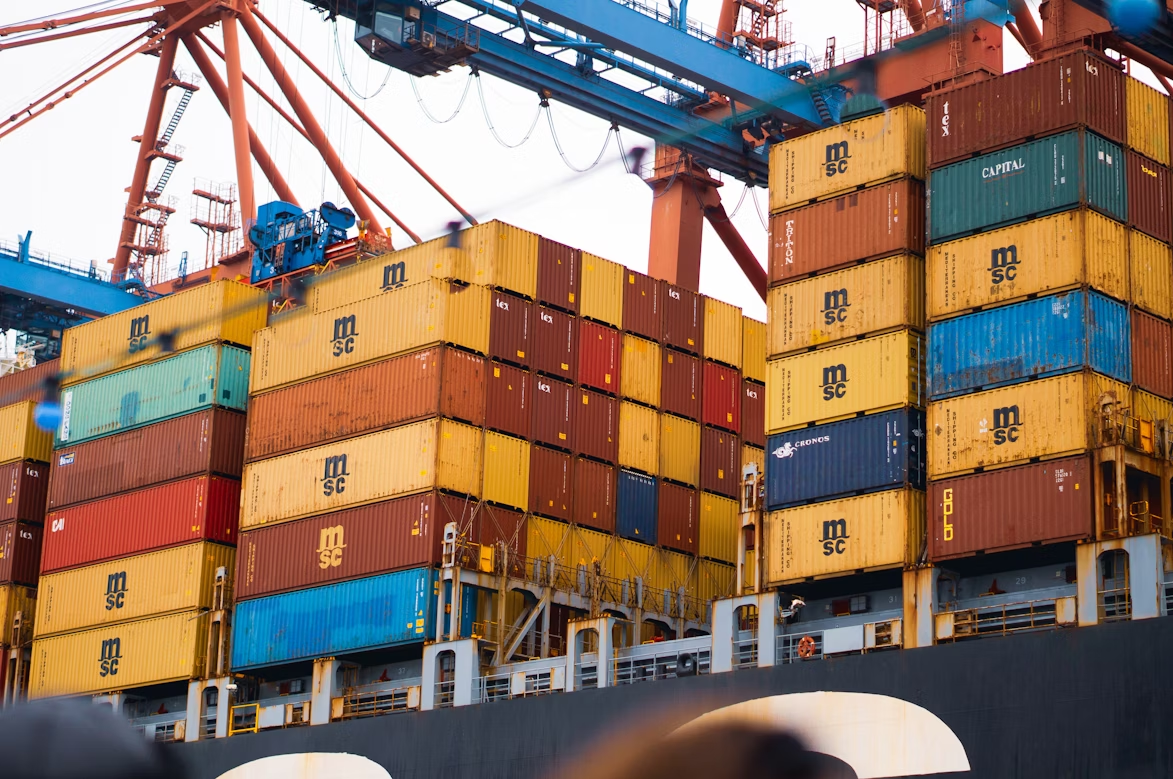On 9 October 2020, the Government of South Africa published a draft Expropriation Bill, 2020 in its Gazette. The draft Bill is part of a process, including a constitutional amendment, that is intended to introduce the concept of expropriation without compensation into South Africa’s legal system. In particular circumstances, the application of the provisions of this draft Bill might conflict with South Africa’s commitments to international investors under its remaining investment protection treaties as well as the State’s obligations under customary international law.
Background to the Bill
According to South Africa’s Deputy President David Mabuza, the draft Bill’s purpose is to “address the injustices of the past and restore land rights in a responsible manner, whilst ensuring that food security is maintained; that equitable spatial justice is achieved; and that continuation of investment to expand our industrial base is secured”. The draft Bill has not yet been approved by the Parliament.
The draft Bill provides for the expropriation of property for a public purpose or in the public interest. The draft Bill provides for “just and equitable” compensation for expropriation. In certain circumstances, it permits expropriations without compensation. This includes:
– When expropriated land is not being used and the owner’s main purpose is not to develop the land or use it to generate income but to benefit from appreciation of its market value;
– Where an organ of State holds land that it is not using for its core function and is not reasonably likely to need the land for its future activities in that regard and the organ of State acquired the land for no consideration;
– Where an owner has abandoned land by failing to exercise control over it;
– Where the market value of the land is equivalent to, or less than, the present value of direct state investment or subsidy in the acquisition and beneficial capital improvement of the land (according to commentators, this likely refers to situations where land previously allocated by the State has not been put to productive use); and
– When the nature or condition of the property poses a health, safety or physical risk to persons or other property.
All expropriations require prior notice. Competent courts may be asked to determine the amount of just and equitable compensation within 180 days of the date of notice of the expropriation. Although the draft Bill refers to land, some commentators have noted that some of its provisions apply to the expropriation of all types of property.
The 2020 Expropriation Bill and Compensation for Expropriation
There are today over 3,000 treaties that protect the rights of foreign investors from certain internationally wrongful acts, such as expropriation without fair market value compensation. Such treaties, which include bilateral investment treaties (“BITs”), also often include provisions permitting foreign investors to raise claims for those internationally wrongful acts before neutral international arbitration tribunals. Since 2012, based on its concerns that such provisions will interfere with its domestic priorities, the Government of South Africa has terminated BITs it has concluded with other States and failed to ratify numerous other BITs it signed. To date, South Africa is only bound by 12 remaining BITs.
In 2015, South Africa promulgated its Protection Investment Act (“Act”), which came into force on 13 July 2018. The Act applies to all investments made in accordance with its provisions. The purpose of the Act was said to be to strike a balance between the competing interests of the State and foreign investor.
For example, with regards to expropriation, section 10 of the Act prescribes that investors have the right to property in terms of section 25 of the Constitution. Section 25 of the Constitution provides for a just and equitable compensation in the event that an expropriation has occurred. Under section 25(3) of the South African constitution, just and equitable compensations reflect an equitable balance between the public interest and the interests of those affected, having regard to all relevant circumstance such as inter alia the current use of the property, the purpose of the expropriation, the history of the acquisition of the property and the market value and use of the property. In contrast, BITs often more straightforwardly guarantee fair market value compensation in the event of expropriation. Arguably, customary international law requires the same level of compensation. In other words, the current South African regime might provide for less compensation to a foreign investor in the event of an expropriation as compared to the precepts of customary international law.
Conclusions
The new draft Expropriation Bill, and current trends in South Africa, present risks to foreign investors and the Government of South Africa. For foreign investors, they present risks to investments in lands and other property. Such investors are properly advised to consider immediately how to maximise the international protection of their investments in the country. At the same time, the Government would be well-advised to ensure that its policy plans do not violate the country’s obligations to its neighbours and other countries under international law, even considering the margin of appreciation. Both States and foreign investors alike have a common interest in ensuring that the pursuit by governments of systematic reform and economic development can be achieved without unlawfully damaging foreign investments.
For further information, please contact:
Robert Volterra (Robert.Volterra@volterrafietta.com);
Peter Flint (peter.flint@volterrafietta.com); or
Gunjan Sharma (gunjan.sharma@volterrafietta.com).



